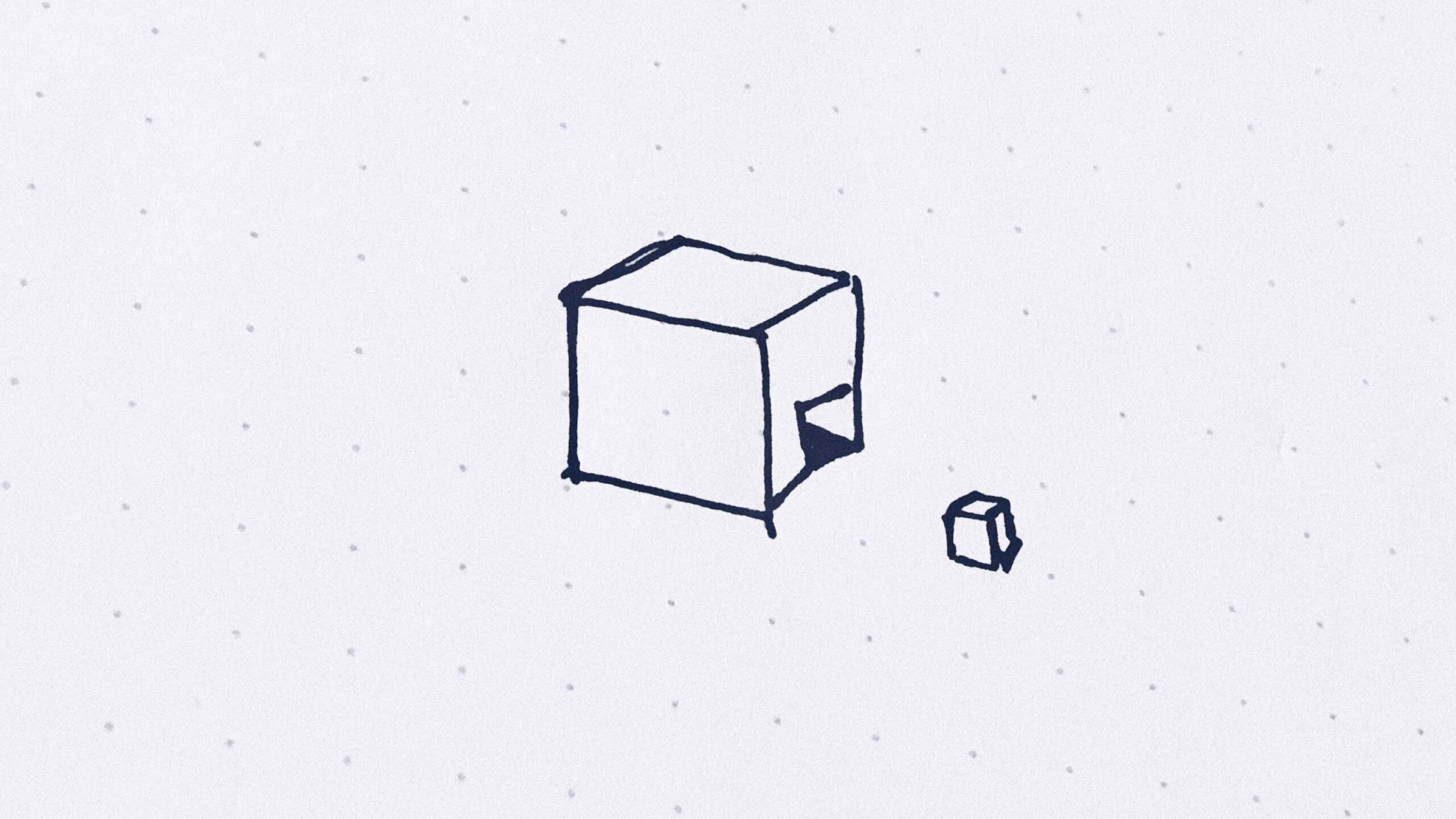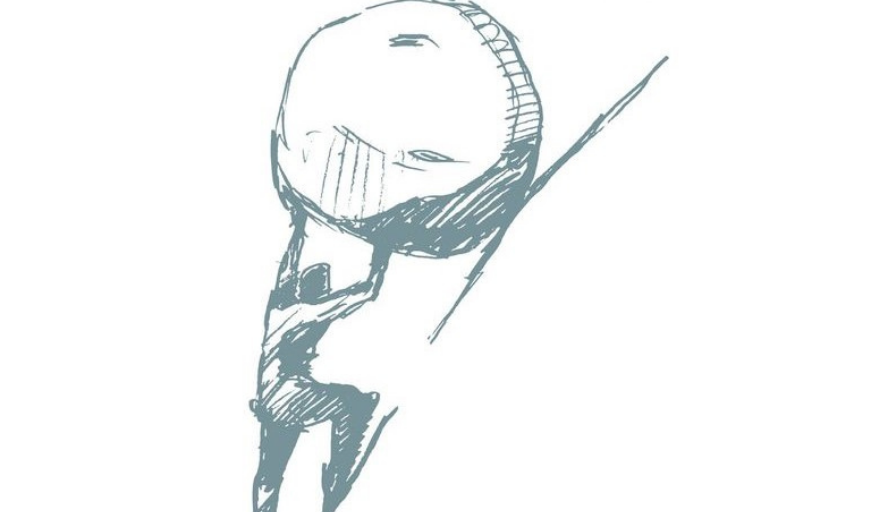Imagine a world where humans behave like sloths, doing almost no work, just the minimum to survive. What if we reach a point in society where everything we “need”—food, shelter, health care—is abundant, requiring only a small population of individuals to engage in work? Everything is top quality; social class differences are nonexistent; societal currency is based on reputation. This is a purely social society where everything is built around different life experiences.
In this fictional world, what individuals do with their time is completely up to them. No one needs to work or is required to do anything. The paradise of Eden is restored.
In this world, do you think you would sit around all day? If so, for how long? One week, one month, one year, ten years? After some time, boredom would surely set in, and then what would you do? Travel the world? For how long? Play games? Which ones?
Silly questions, sure. Is such a world likely? No, but this example is meant to isolate the idea of how you would spend unlimited leisure time. And in truth, as more jobs and tasks are automated, leisure time becomes more available to the collective. We may not have nearly as much leisure time as John Maynard Keynes believed we would have by now, but we have more. If we get to a point where we have a true abundance of leisure time, we will be faced with the challenge of what to do with it. We can fill it with things that provide comfort and entertain us, or we can balance comfort and entertainment with variety.
What we choose to do is an expression of who we are and how we choose to expend our energy. In other words, anything we dedicate energy to can be considered work. Our bodies work to digest the food we consume. A plant works to turn toward the sun. A seed works to sprout and grow. As anthropologist James Suzman so simply put it, “to live is to work.” The gift of life comes with a price: energy and effort. Leveraging the definition of work in a different way, we can begin to alter our attitude toward the work we do to live, which is not necessarily the work we do for a living.




